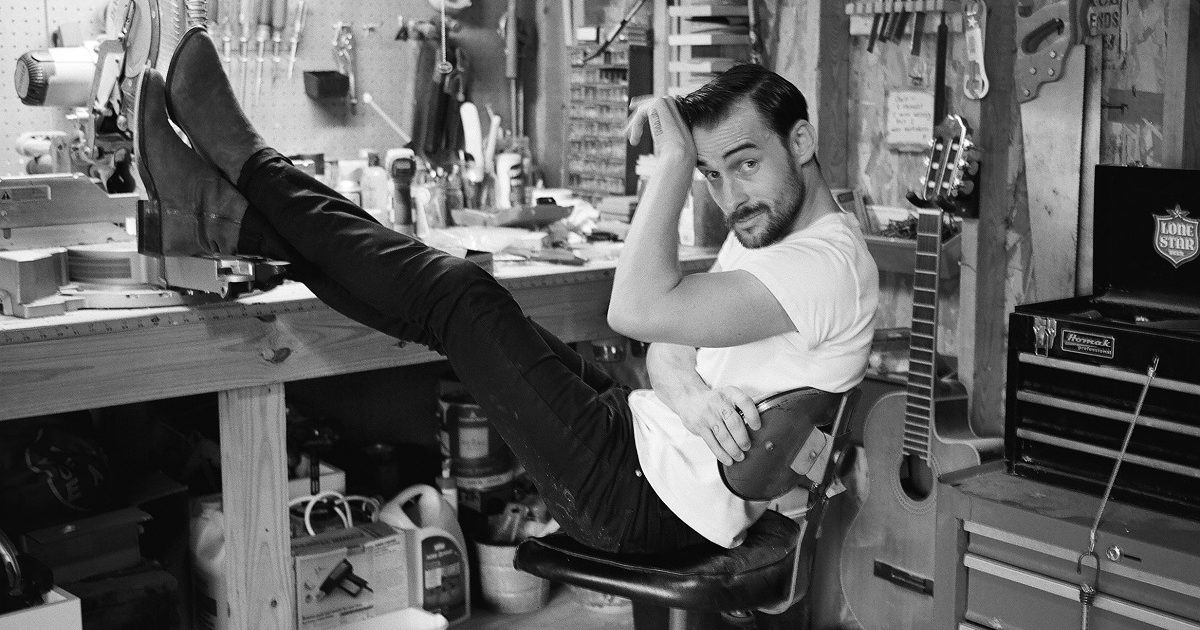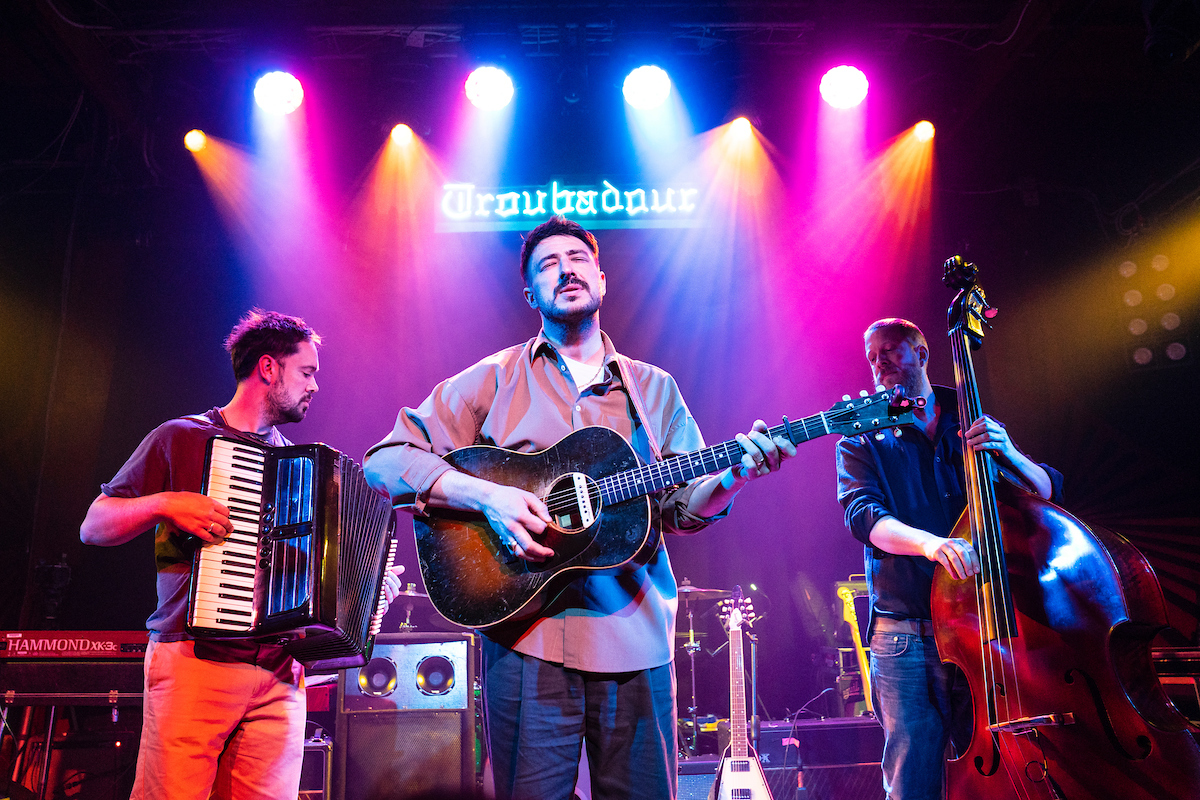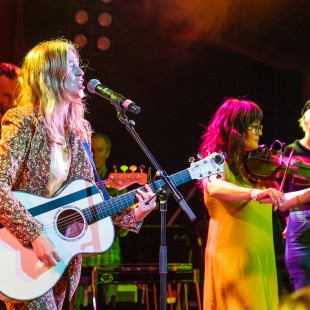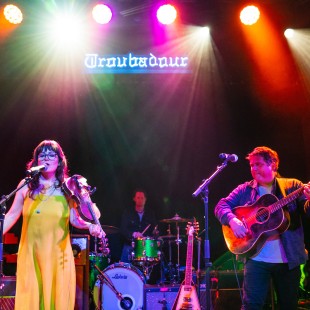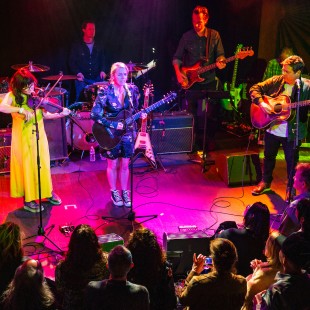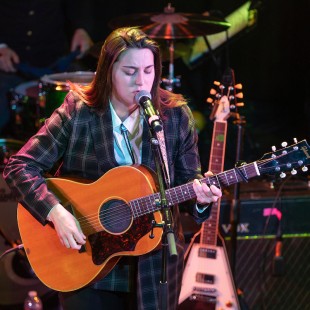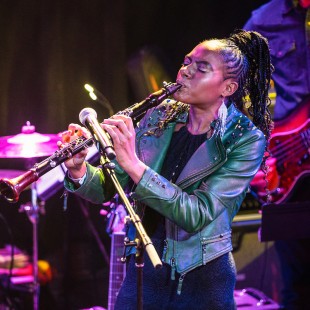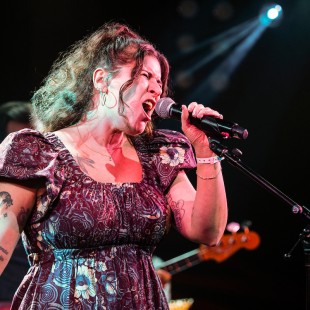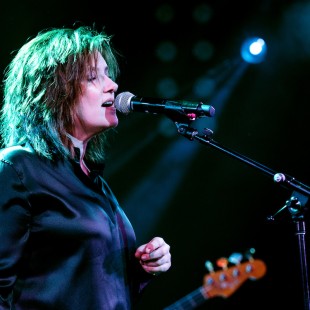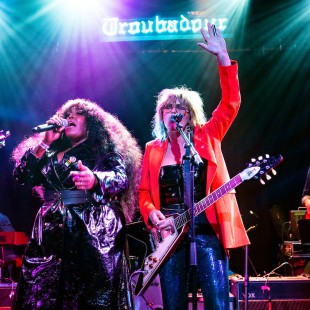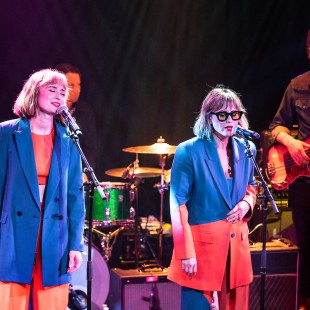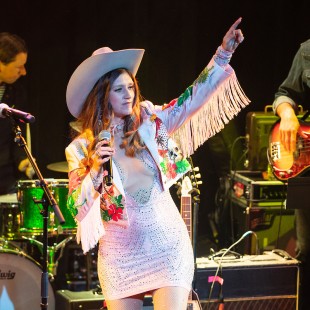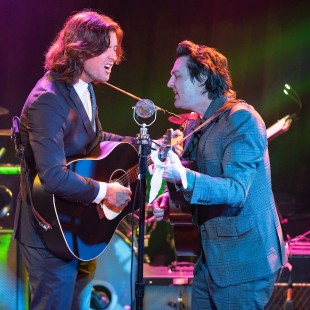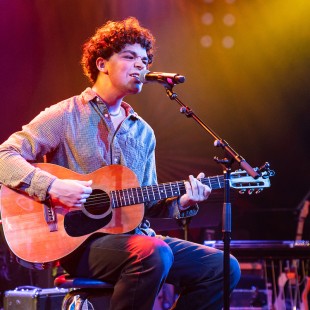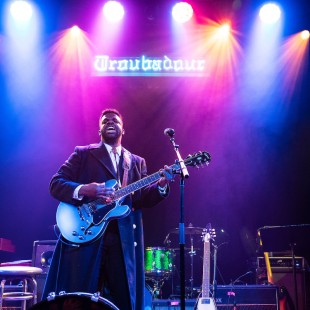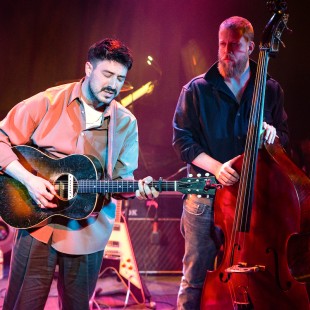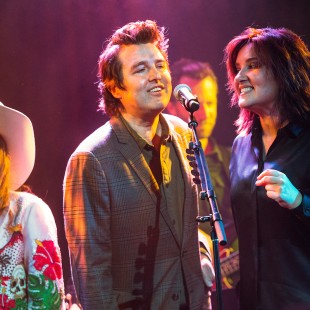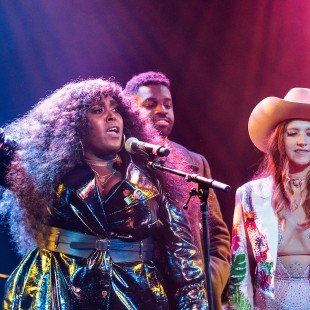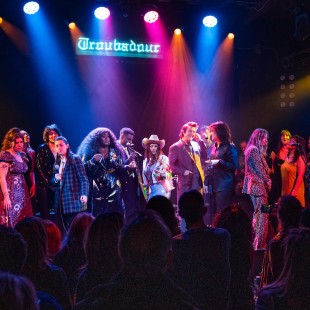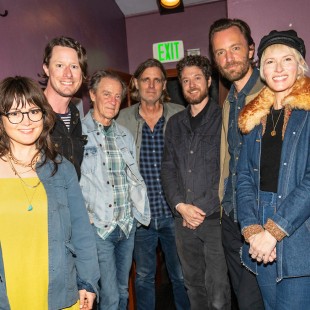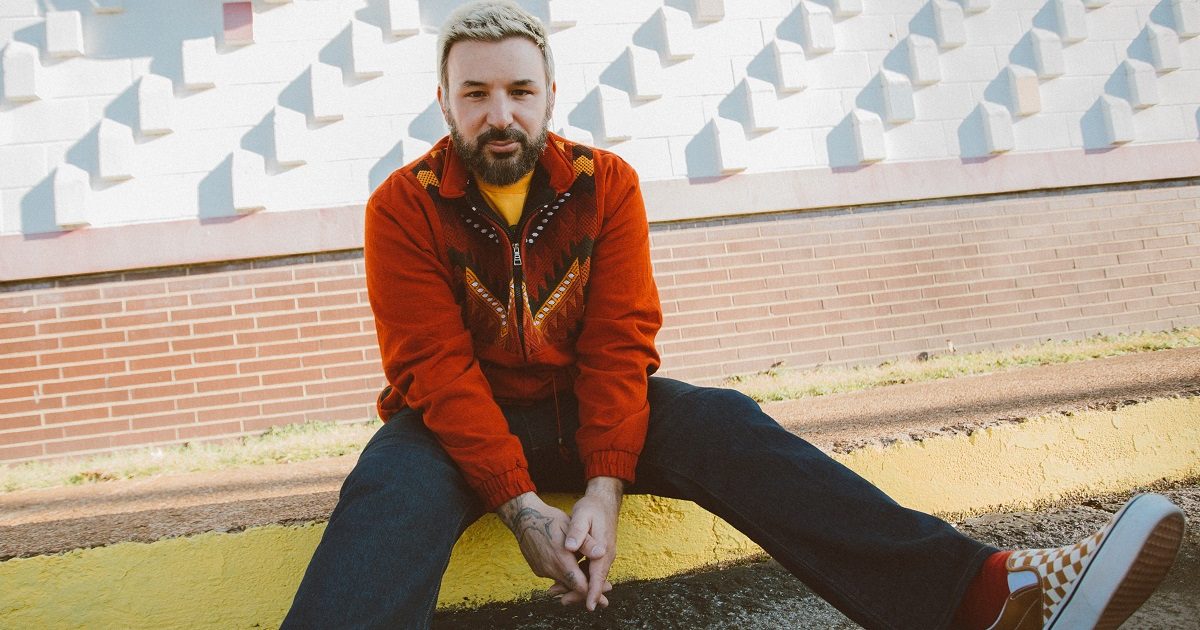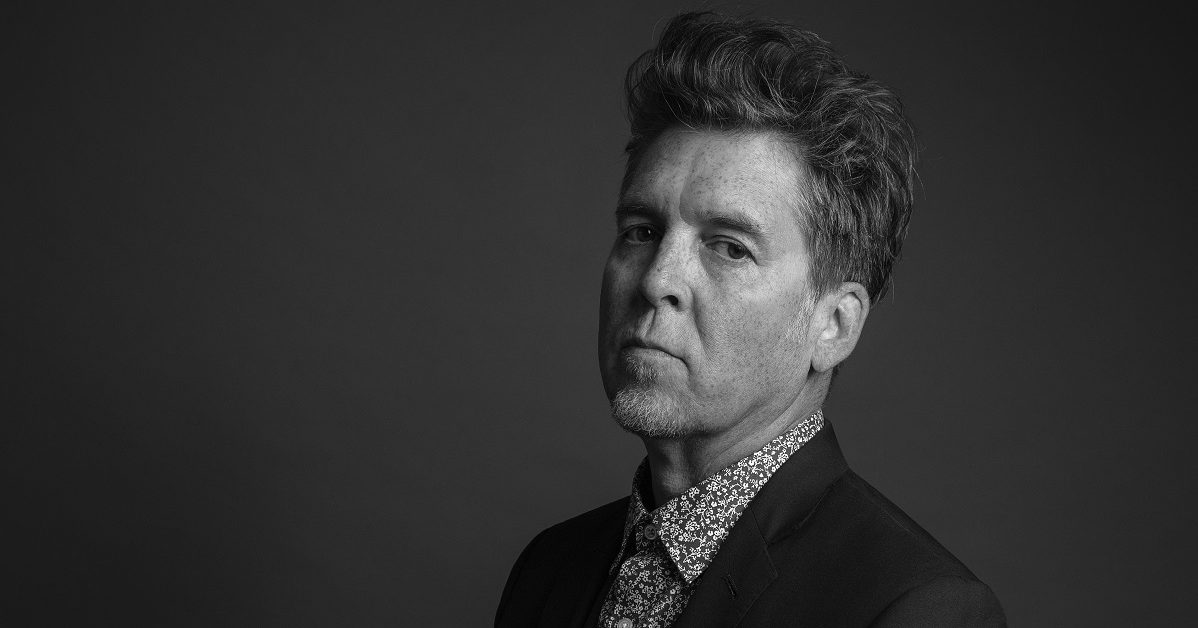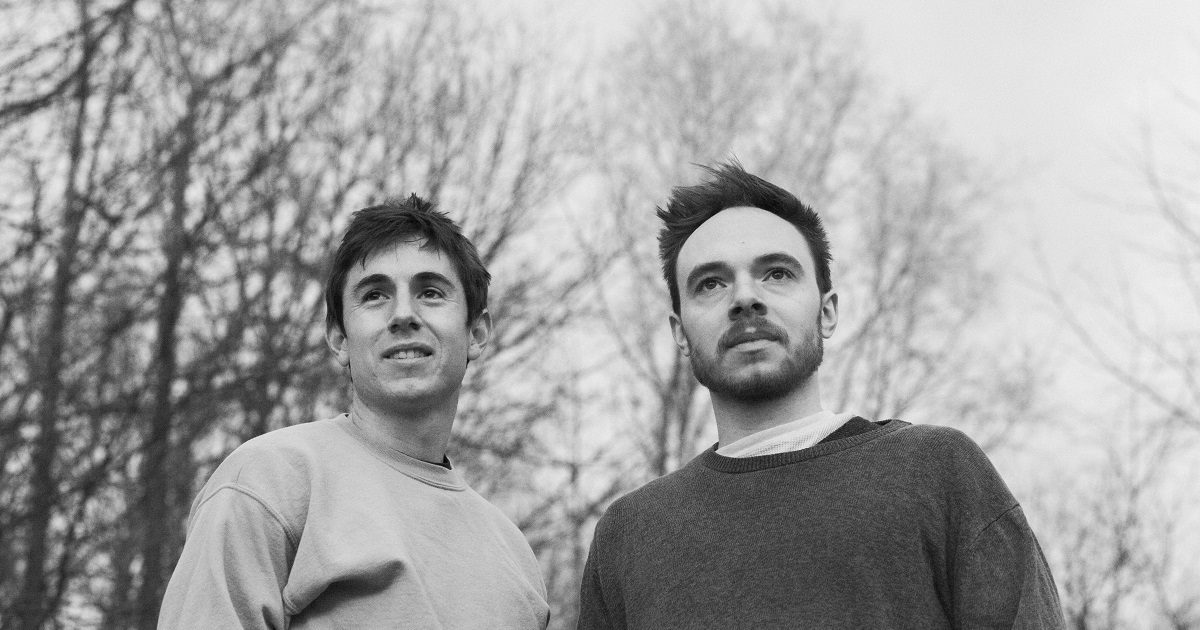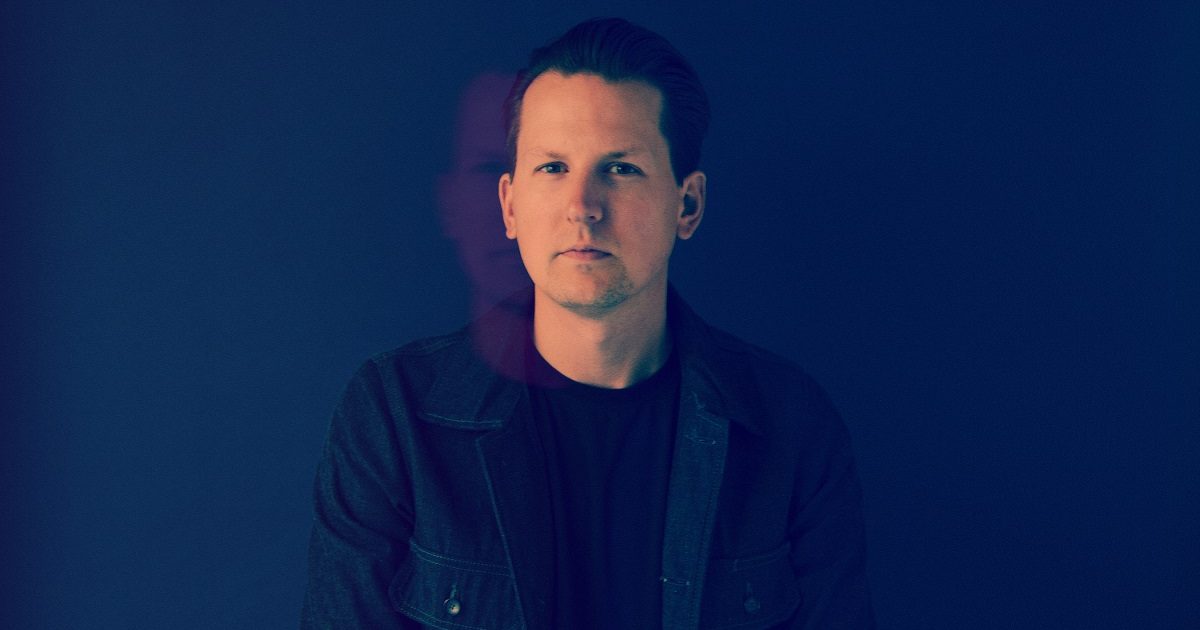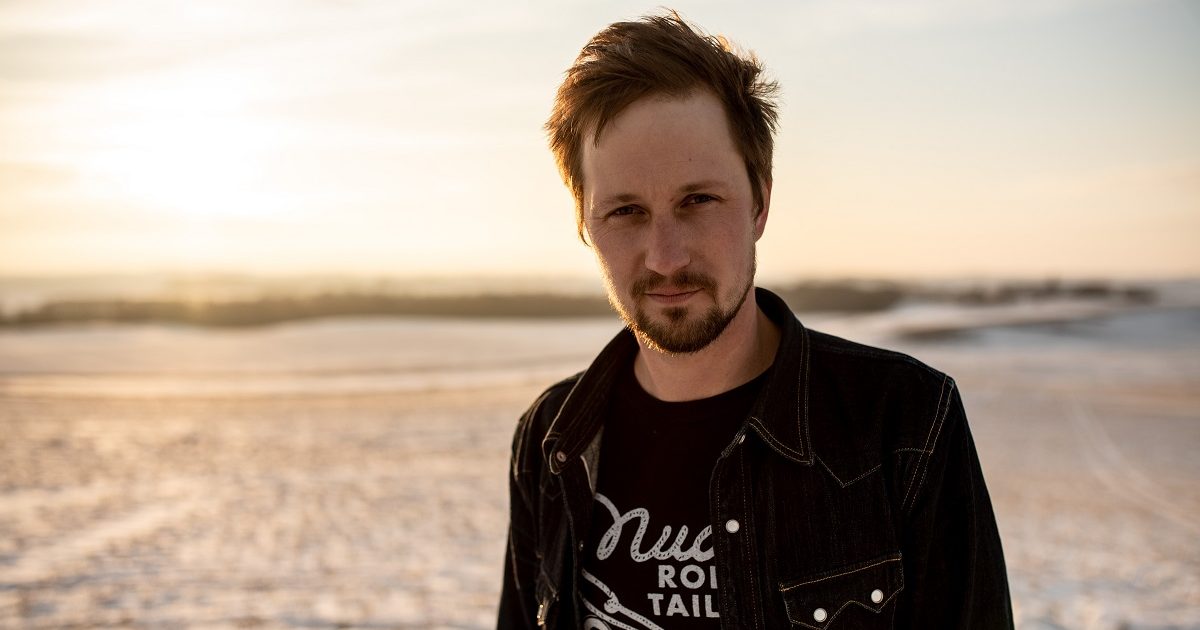Artist: Irene Kelley
Hometown: Latrobe, Pennsylvania
Latest Album: Snow White Memories
Personal Nicknames: Renie
Which artist has influenced you the most … and how?
I’d have to say the artist who influenced and inspired me the most has been and continues to be Dolly Parton. It all started in 1980, when I was the lead singer in a rock ‘n’ roll band, and I heard Dolly singing on TV from another room. I basically stopped in my tracks and ran to the TV to see who that voice was coming from. I started watching Dolly’s show regularly and got really interested in her original songs. She was responsible for converting me into a country music fan, and then later, a songwriter. The first song that I learned to play guitar on (just to be able to sing to it) was “To Daddy.” The simplicity of the chords, the beautiful melody, and the storyline compelled me to want to perform the song at my shows in the early ’80s.
What’s the toughest time you ever had writing a song?
Gosh, that comes and goes so often that I can’t really narrow it down to just one song. Sometimes songwriting is a breeze, and a song will just make itself known in 30 minutes. Other times, it’s like milking a cow. It doesn’t give milk, you’ve got to go in there and pull it out. When I started to record my own records in 2000, I found myself recording songs I’d written, and then second-guessing the lyrics, sometimes going back and rewriting them several times before mixing. That can be a good thing though because it really makes me focus on the songs and truly want to make them the best that I can make them. Especially since I am the one who will be singing them night after night.
What’s your favorite memory from being on stage?
That would probably be the first time I played the Grand Ole Opry in April 2001. My mom and sister came to town from my hometown of Latrobe, Pennsylvania, and both of my daughters, Justyna and Sara Jean were there — it was truly a special night. They all sat on the stage as I performed. My mom watched me go from singing rock as a teenager in her basement, to country and bluegrass (her favorite music genres) on that hallowed stage that night.
Which elements of nature do you spend the most time with and how do those impact your work?
I love to hike in the parks around Nashville and the Smoky Mountains of East Tennessee. Those are my favorites. I keep flower and vegetable gardens at home, and getting my hands in the dirt is always good therapy, too. These are the times I can truly talk to God, and lo and behold, sometimes He’ll send me a song idea.
What rituals do you have, either in the studio or before a show?
I had some classical training as a teenager and I still use some of those techniques if time and environment allow. Just to remind myself on proper breathing for singing, I learned to touch my toes and breathe in deeply. The air goes where it’s supposed to and that’s a good reminder, especially if I’ve got some jitters before a show and can’t get centered. Also, standing facing a wall and singing the song “Satan’s Jeweled Crown” that I learned from an early Emmylou Harris record is a great way for me to warm up my voice before a show and a recording session. That song in the key of D has all of the notes I need to stretch my voice, hold a vibrato, and get on pitch. I have been doing that for over forty years I’d say, but I don’t ever sing that song in my shows. Go figure!
Photo Credit: Anne Goetze

